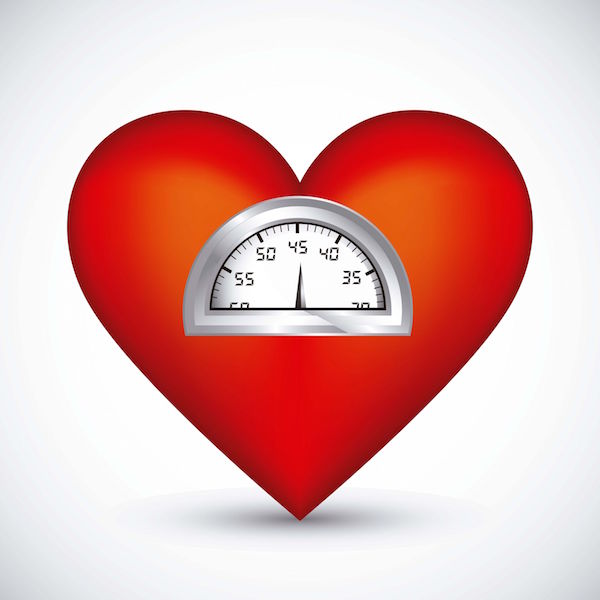
TUESDAY, Aug. 10 (HealthDay News) — Just a small drop in the outdoor temperature can translate into a heightened risk for heart attack in the following month, new British research indicates.
Based on an analysis of temperature records and more than 84,000 hospital admissions for heart attacks that took place over a three-year period between 2003 and 2006 in England and Wales, the study revealed that a drop of just one degree Celsius (1.8 degrees Fahrenheit) on a single day gives rise to a cumulative 2 percent rise in the number of heart attacks in the following weeks.
“Two percent may sound small,” noted study author Krishnan Bhaskaran, a research degree student with the faculty of epidemiology and population health at the London School of Hygiene & Tropical Medicine. “But everyone is exposed to changes in the weather, and heart attacks are common to start with. So this 2 percent would translate to substantial numbers of extra heart attacks: around 200 per one-degree drop in the U.K., where our study was conducted.”
“The elderly and those with prior heart problems appeared to be particularly vulnerable to the effects of temperature reductions,” Bhaskaran added.
Bhaskaran and his colleagues report their findings in the Aug. 10 online issue of the British Medical Journal.
After accounting for air pollution, influenza history and long-term weather trends, the authors found that the additional 2 percent risk for heart attack following a single-degree Celsius drop lasts for about 28 days, with the biggest bump in risk being spread over the first two weeks following the dip in temperature.
Bhaskaran pointed out that prior research has suggested that as temperatures go down, blood pressure goes up, making blood thicker and working the heart harder — a sequence of events that could explain the increased risk.
Stressing that the link between rising mortality rates and colder weather is a global phenomenon, he suggested a number of steps that individuals everywhere can take to minimize such cardiovascular risk.
“We can’t control the weather, but we can control our response to it,” he said. “There are some simple common-sense measures people could take that may reduce their own personal risk in colder weather: wrapping up in warmer clothing, keeping the home adequately heated if possible, and limiting the amount of time spent outdoors, especially in very cold weather.”
“Also, people who have been prescribed regular medicines like aspirin to control their risk of heart problems should of course remember to keep taking their tablets,” Bhaskaran advised.
Dr. Gregg C. Fonarow, a professor of cardiology at the University of California, Los Angeles, noted the findings need to be put in context.
This study expands on previous findings linking a drop in temperature with increased mortality “by quantifying the magnitude of risk with each degree change in average outdoor temperature and the excess risk of [heart attacks],” he said, adding that it examines which individuals appear to be most susceptible.
However,” Fonarow added, “it is important to keep in perspective that the heart attack risk associated with outdoor temperature is relatively small. The individual and public health consequences pale in comparison to the cardiovascular risks associated with smoking, obesity, physical inactivity, high cholesterol, high blood pressure and other well-established risk factors.”
More information
For more on cold weather and health, visit the U.S. Centers for Disease Control and Prevention.

